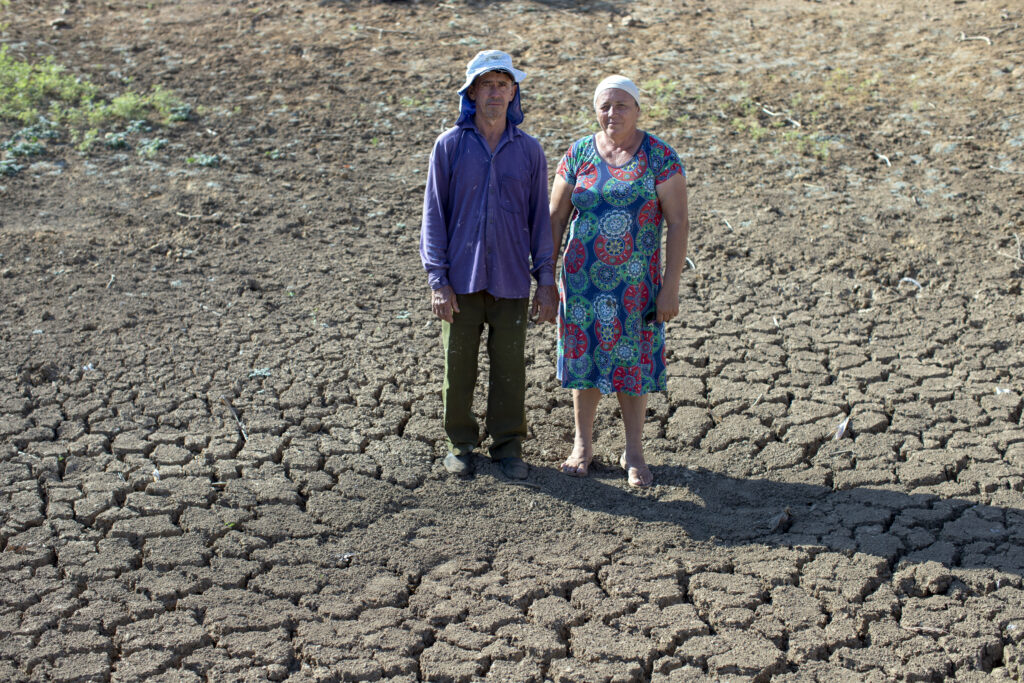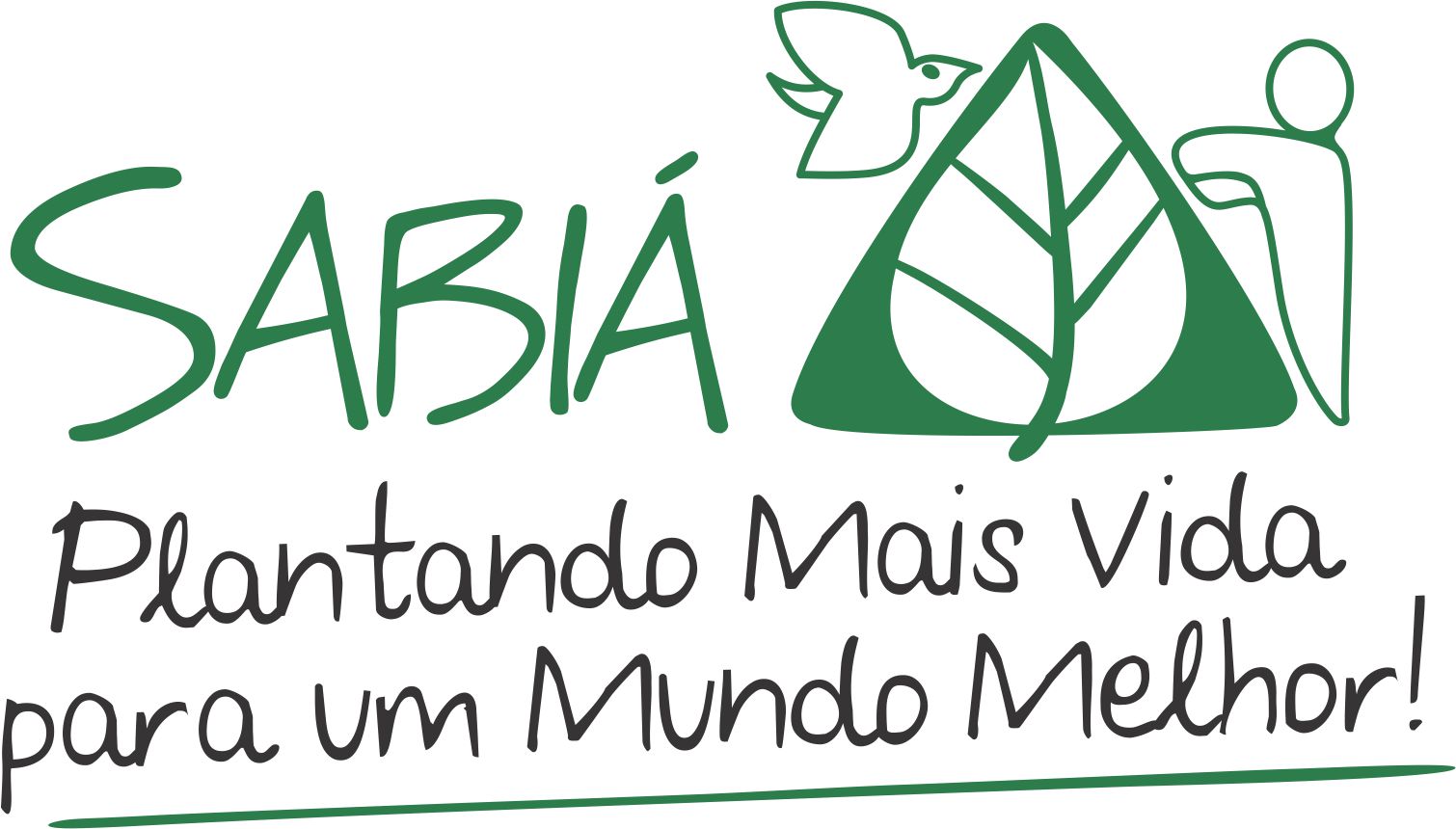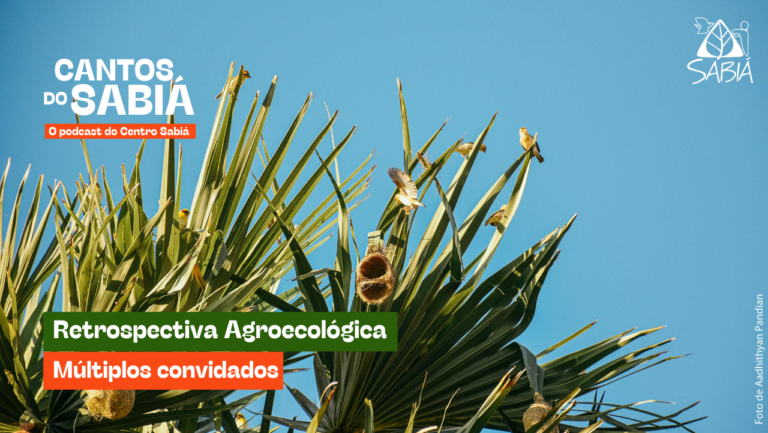Is the Crisis Climate-related or Ethical?
By Carlos Magno Morais
Carlos Magno de Morais, Social Mobilization Coordinator at Centro Sabiá

The term “climate crisis” captures the gravity of the global situation, a warning that we have moved beyond the stage of mere climate change to face an unprecedented reality. The World Bank projects that by 2050, more than 200 million people will be forced to migrate within their own countries due to water scarcity, declining agricultural productivity and rising sea levels. These challenges, already a reality in the semi-arid regions, demand urgent and effective action.
The UN Conferences of the Parties (COPs) have established themselves as vital platforms where countries, civil society and the private sector converge to debate and present progress on the climate agenda. The choice of an oil industry executive to preside over COP28 in Dubai illustrated a conflict of interest, sparking heated debates about the influence of fossil fuel industries on global climate policies.
Climate justice is achieved by recognizing the industrial revolution and the disproportionate role of the global North in the current crisis. As a matter of historical and ethical responsibility, these countries must take actions that contribute significantly to climate mitigation and adaptation, as well as drastically reducing their own emissions.
The most vulnerable communities, which have historically contributed the least to the accumulation of greenhouse gases, face the most severe impacts. Family farmers, quilombola and indigenous communities, who depend directly on climate balance for their livelihoods, are on the front line of this crisis. The need to redirect financial resources from the biggest polluters to mitigation strategies in these communities has never been more urgent. The transition to a fair and sustainable energy matrix must prioritize the well-being of these populations, ensuring that climate justice is translated into concrete action.
The COP30 in Belém do Pará in December 2025 opens up a window of opportunity to highlight the importance of the Caatinga Biome and strategies for living in the semi-arid region. This event not only allows us to highlight the challenges faced by these regions, but also to share with the world the lessons learned about climate resilience and adaptation. COP30 should be a milestone in the inclusion of historically marginalized voices in the global climate debate, emphasizing that we are more than a territory for exploiting “clean” energy; we are custodians of fundamental knowledge for combating global warming and promoting human-centered coexistence with the Semiarid.
Nothing found.




